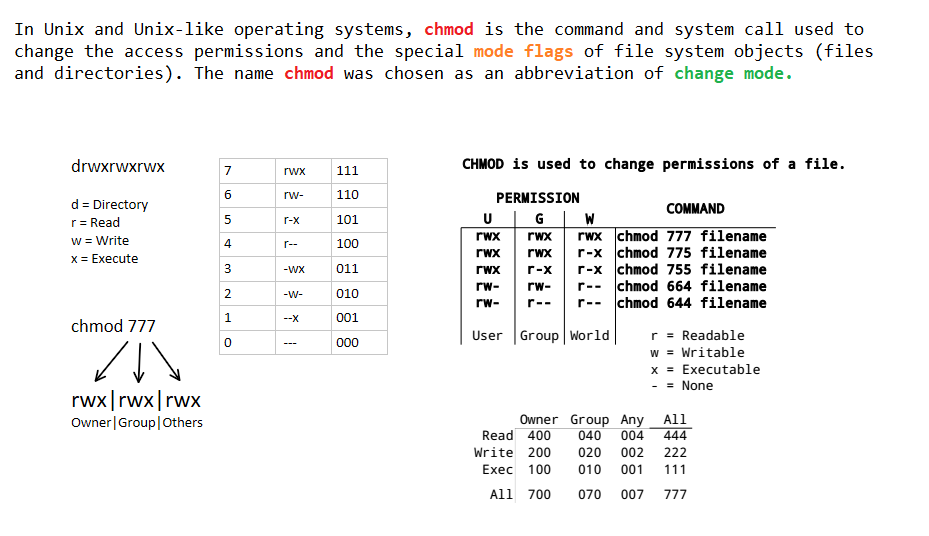Linux: basic concepts
Linux
📘 Linux
Linux is a free and open-source operating system. It is a Unix-like operating system that is based on the Linux kernel, an operating system kernel first released on September 17, 1991, by Linus Torvalds. Linux is commonly used in web servers, smartphones, and other devices where reliability, security, and performance are important.
1 Bash
Bash is a Unix shell and command language written by Brian Fox for the GNU Project as a free software replacement for the Bourne shell. First released in 1989, it has been used as the default login shell for most Linux distributions.
2 Basic commands
Here are some basic terminal commands that can be used in Linux Mint:
pwd: Print the name of the current working directory (i.e., show the full path to the current directory)ls: List the contents of the current directorycd: Change the current working directorymkdir: Create a new directoryrmdir: Remove an empty directorytouch: Create a new file or update the timestamp of an existing filecp: Copy a file or directorymv: Move or rename a file or directoryrm: Remove a fileman: Display the manual page for a commandsudo: Run a command with superuser privilegesapt-getis a command-line utility for managing packages in the Linux operating system. It is used to install, update, and remove packages from the system. apt-get is part of the Advanced Packaging Tool (APT) system, which is used to manage software packages in the Debian and Ubuntu Linux distributions.
These are just a few examples of the many commands that are available in Linux. To learn more about a specific command, you can use the man command to view its manual page.
For example, to learn more about the ls command, you could type man ls in the terminal.
3 Getting software: wget, apt-get, etc
- In Linux,
wgetis a command-line utility that allows you to download files from the internet. It can be used to download files from HTTP, HTTPS, and FTP servers. apt-getis a package manager for the Debian and Ubuntu Linux distributions. It allows you to install, update, and remove software packages from your system.snapis a package manager developed by Canonical, the company behind the Ubuntu Linux distribution. It allows you to install and manage software packages in a consistent and secure way, and is designed to work across a wide range of Linux distributions.- There are other similar package managers in Linux, such as
yumfor Red Hat and CentOS, anddnffor Fedora. These package managers allow you to easily install, update, and remove software packages on your system.
4 CHMOD
5 Cheat-sheet Linux Commands
This cheat sheet presents a list of command-line executables that are frequently used by developers working on a computer running the Linux operating system. The commands are organized by category.
Linux-Commands-cheat-sheet-Red-Hat-Developer
The $ symbol that proceeds commands in the examples represents the command line prompt
